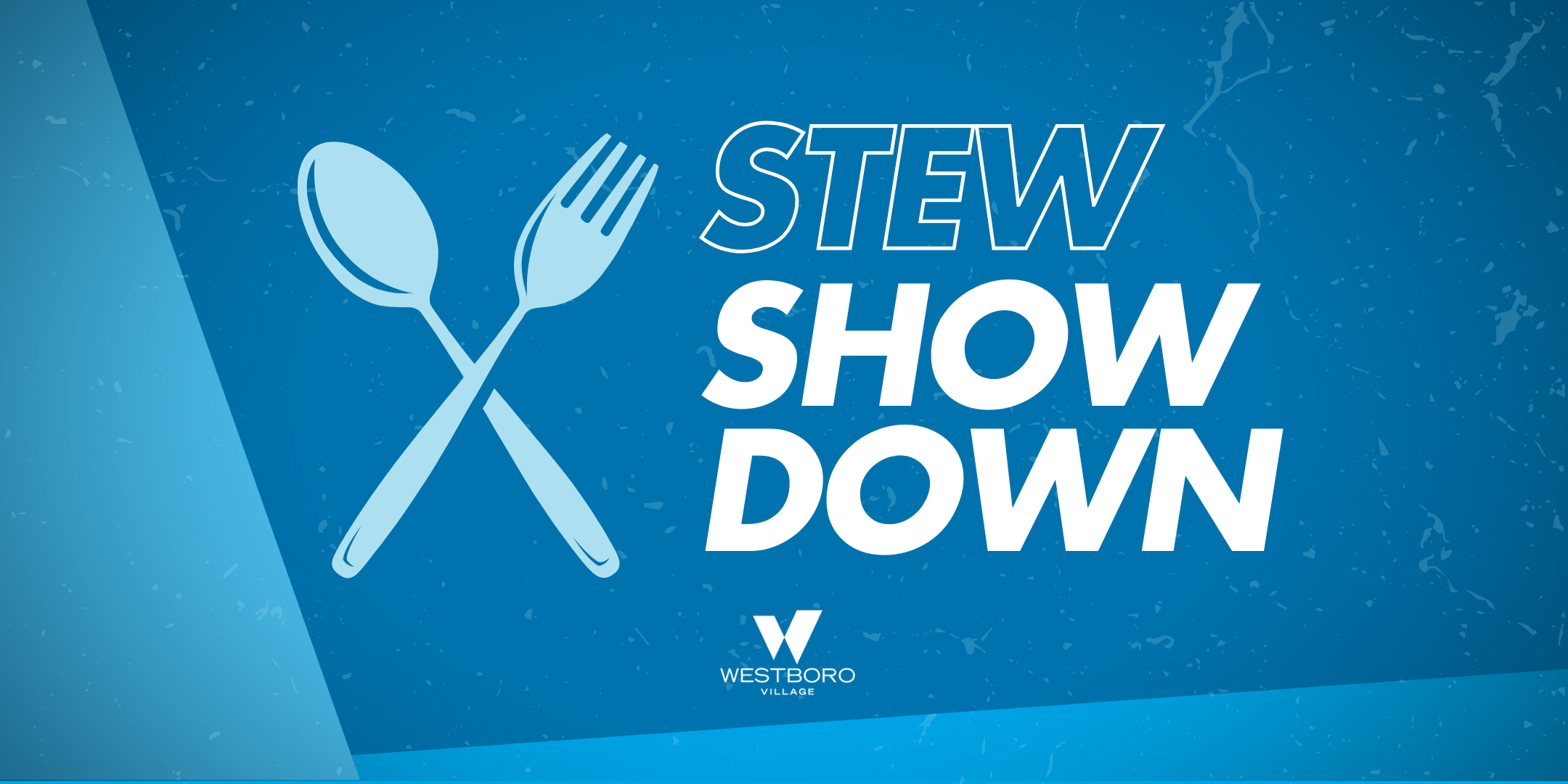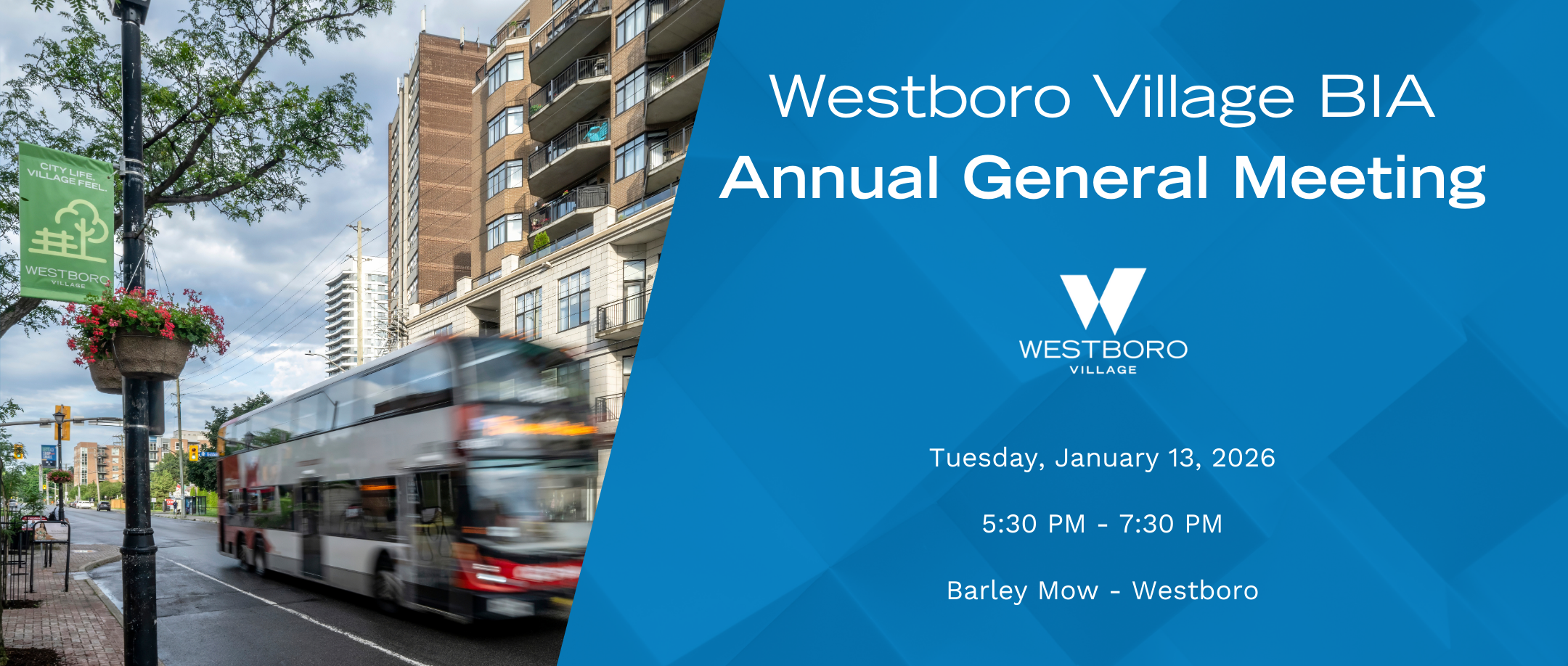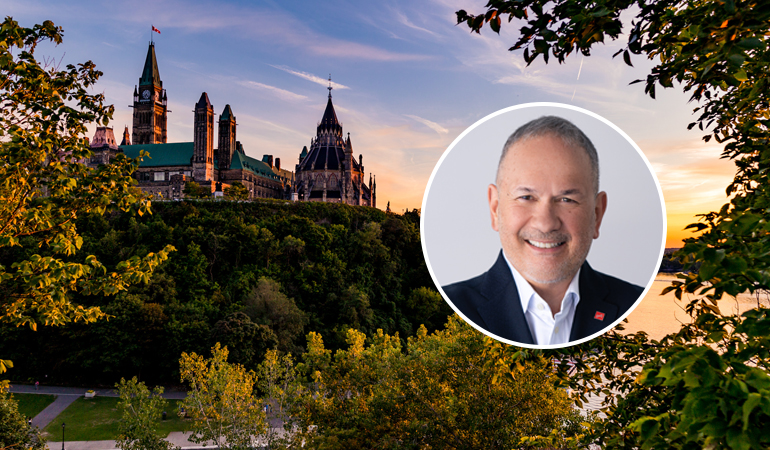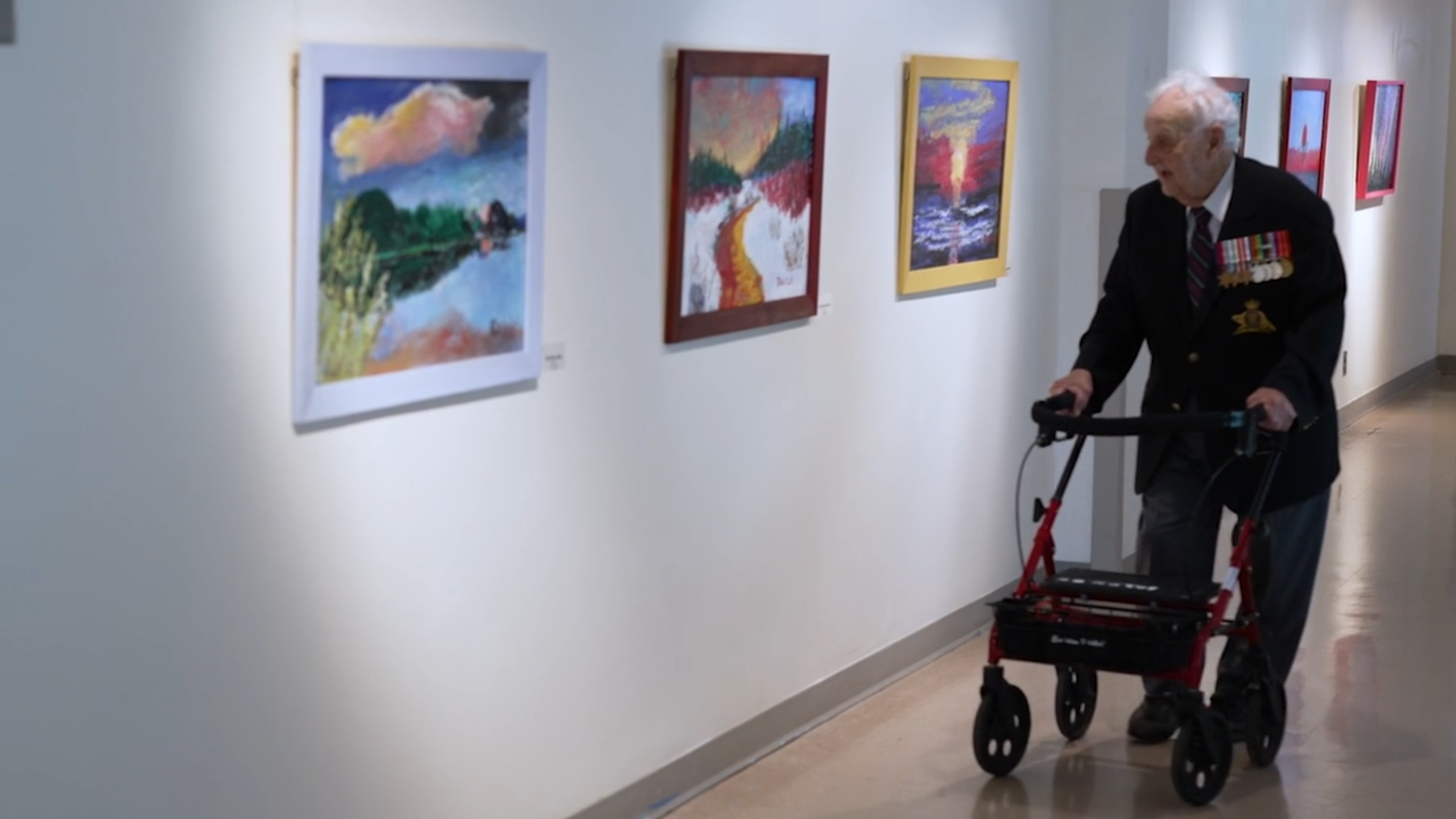September in Ottawa is one of the best times of year to run. The air is crisp, the Canal and river pathways are glowing with fall colours, and races like the Army Run remind us just how vibrant the running community is.
Whether you’re new to running or gearing up for longer distances, the transition into fall is the perfect time to focus on training smart — and staying injury-free.
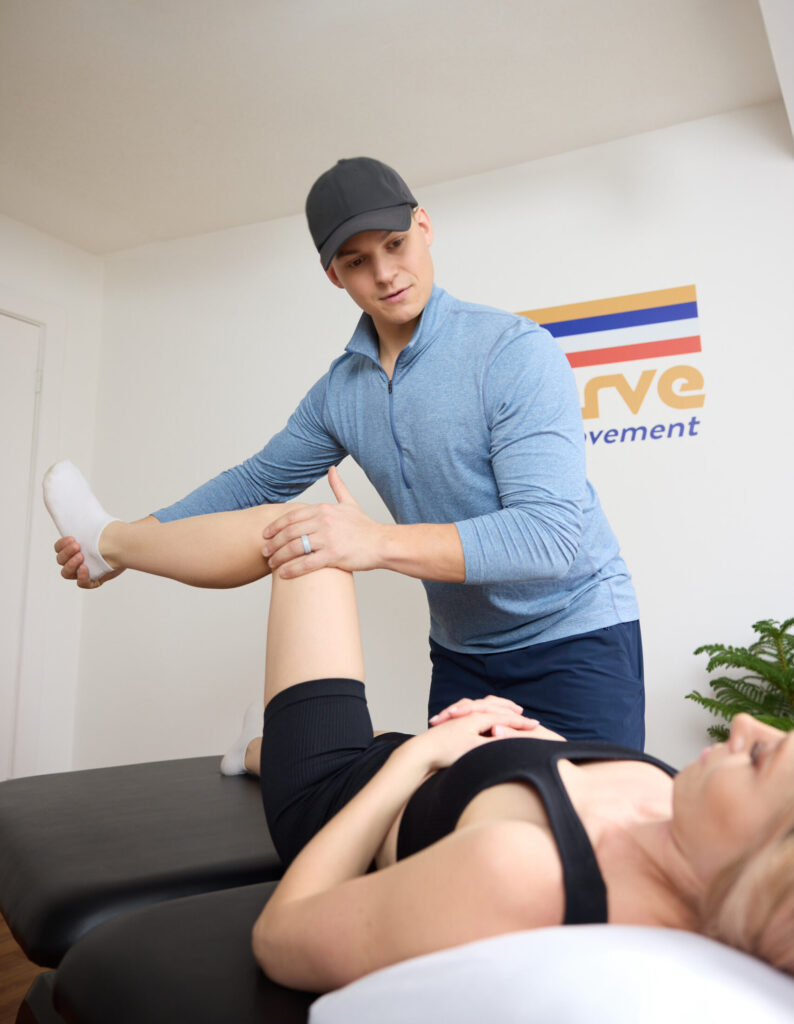
Why Runners Get Injured
Running may feel natural, but repetitive impact, muscle imbalances, and limited mobility can quickly lead to common injuries like:
- Shin splints
- Plantar fasciitis
- Runner’s knee
- IT band syndrome
- Achilles tendon pain
The good news? With the right approach, these issues can often be prevented. That’s where both smart training and professional support make all the difference.
Tips for Training Smart This Fall
Before we dive into therapies, here are a few key strategies every runner should keep in mind:
- Gradual progression: Increase weekly mileage or intensity by no more than 10%.
- Mobility first: Dynamic stretching before runs, and static stretching or foam rolling after.
- Strength counts: Strong hips, glutes, and core muscles reduce strain on knees and ankles.
- Listen to your body: A small ache is a signal — not something to push through.
Runner’s Checklist: Train Smart, Recover Smarter
Before Your Run
Dynamic warm-up (leg swings, hip openers, walking lunges)
Light mobility drills to wake up joints
Gradual start — ease into pace
During Training
Keep posture tall, shoulders relaxed
Focus on even breathing and steady cadence
Hydrate if running over 45 minutes
After Your Run
5–10 minutes of walking to cool down
Static stretches (quads, hamstrings, calves, hip flexors)
Foam rolling for tight areas
Weekly Essentials
Strength training (hips, glutes, core) 2x per week
Mobility work or fascia stretch therapy
RMT or acupuncture for recovery
Physiotherapy check-in if aches appear
Pro Tip: Consistency beats intensity — small, smart progress keeps you injury-free.
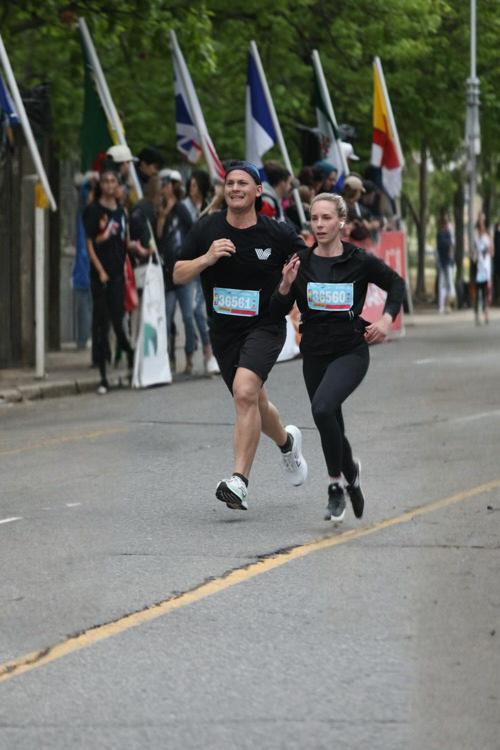
Services That Help Ottawa Runners
Physiotherapy
Physiotherapy ensures runners not only recover but also run smarter, stronger, and more efficiently, providing the most effective tools for preventing and managing running injuries
Registered Massage Therapy (RMT)
Registered massage therapists use multiple treatment techniques that support runners at every stage of training and recovery. For runners, RMT is a vital tool to manage tight muscles (calves, hamstrings, quads), reduce post-run soreness, restore tissue balance, and keep the body primed for performance.
Kinesiology
Kinesiologists specialize in movement, strength, and functional training — the foundation for efficient, injury-free running. Kinesiology bridges the gap between rehab and performance, making it essential for runners building long-term resilience.
Fascia Stretch Therapy (FST)
FST is an assisted stretching technique that targets fascia — the connective tissue surrounding muscles and joints. This therapy can improve flexibility & range of motion, release tension, enhance recovery, and support injury prevention. Unlike stretching on your own, FST uses assisted techniques that allow for deeper, safer, and more effective results.
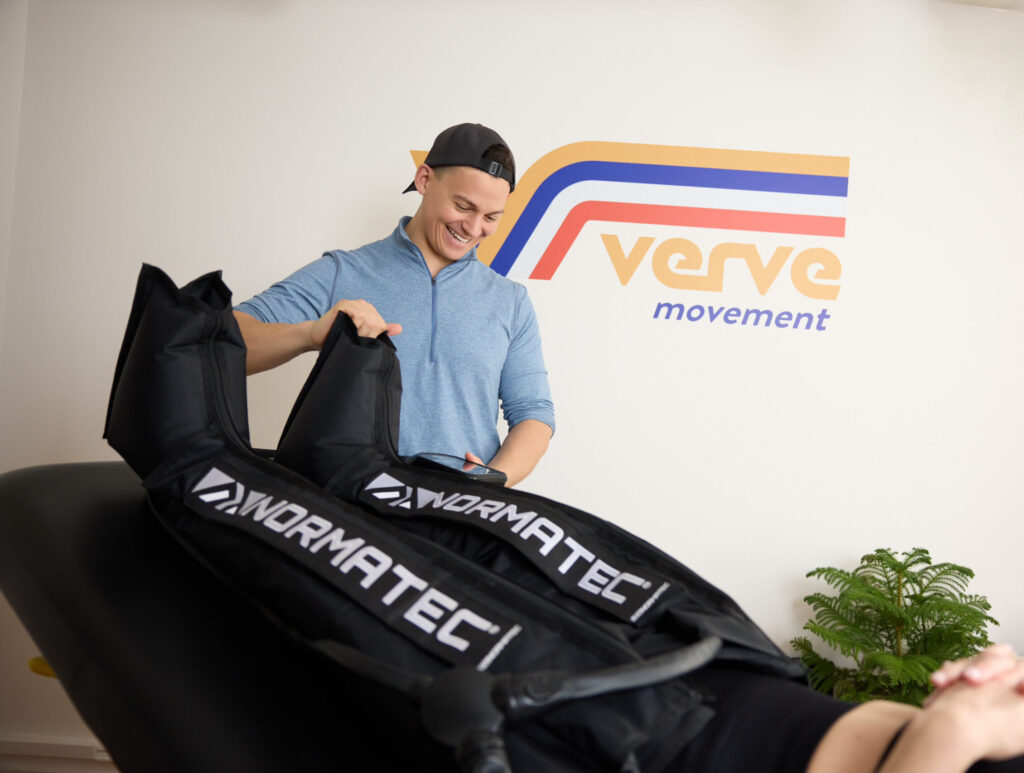
Acupuncture
Acupuncture is a powerful therapy for both injury recovery and overall performance. It can offer pain relief, reduced inflammation, improved circulation, muscle relaxation, nervous system regulation, and boosted energy & endurance.
Shockwave Therapy
Shockwave therapy is particularly effective for stubborn, chronic running injuries that don’t respond well to traditional treatments. It stimulates tissue repair and regeneration, improves blood circulation in injured areas, reduces pain and inflammation, and speeds up healing in conditions like plantar fasciitis, Achilles tendinopathy, or stubborn hamstring issues. For runners frustrated by recurring pain, shockwave therapy can be the game-changer that finally gets them back on track.
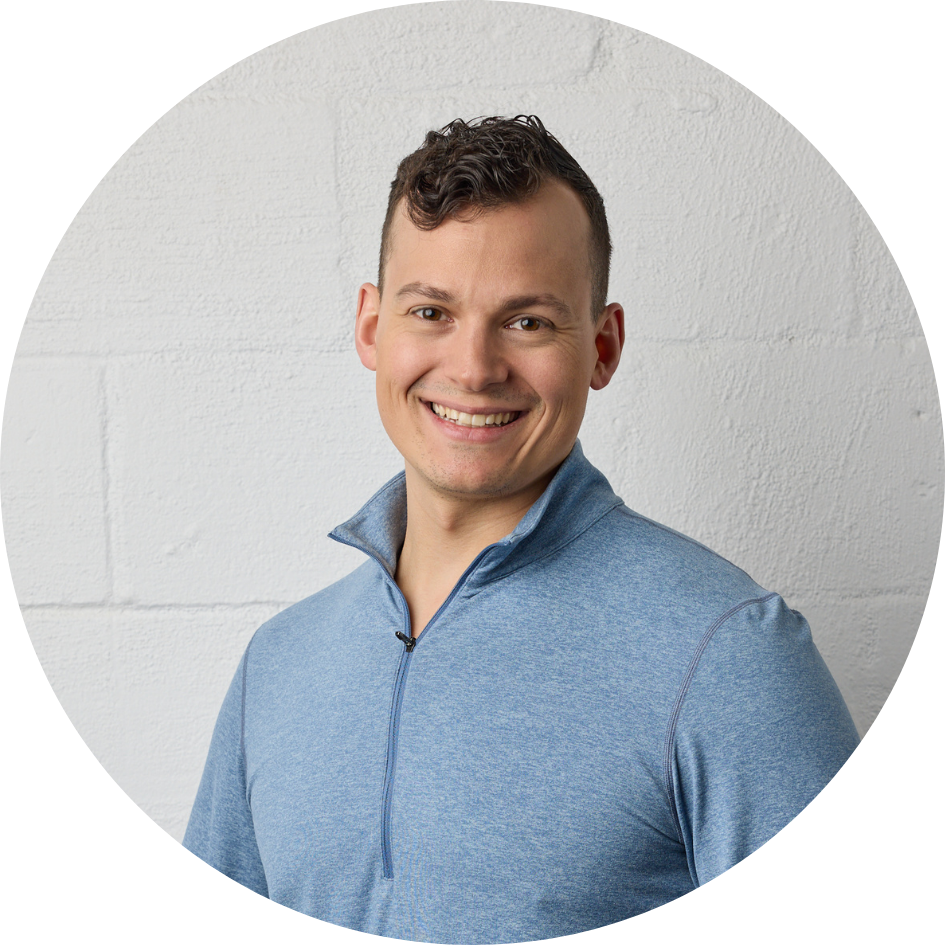
About the author
Keaton Basso, Co-Owner and Co-Founder of Verve Movement in Ottawa, is a seasoned health and wellness professional with over a decade of experience. Keaton is a Registered Massage Therapist, Registered Kinesiologist, CSEP Certified Personal Trainer and Level 3 Fascial Stretch Specialist.
Keaton’s approach is deeply client-centred: assessing and determining root causes, educating patients, and crafting personalized, long-term care plans. He brings this ethos to both everyday clients and elite athletes—serving as the Team-Lead RMT for the CFL’s Ottawa Redblacks. Outside the clinic, he balances his professional life with adventure, sports, and quality time with his partner and their dogs.
About Verve Movement
Verve Movement is a multidisciplinary health and wellness practice located in Westboro, Ottawa, situating itself at the intersection of holistic care and functional performance.
